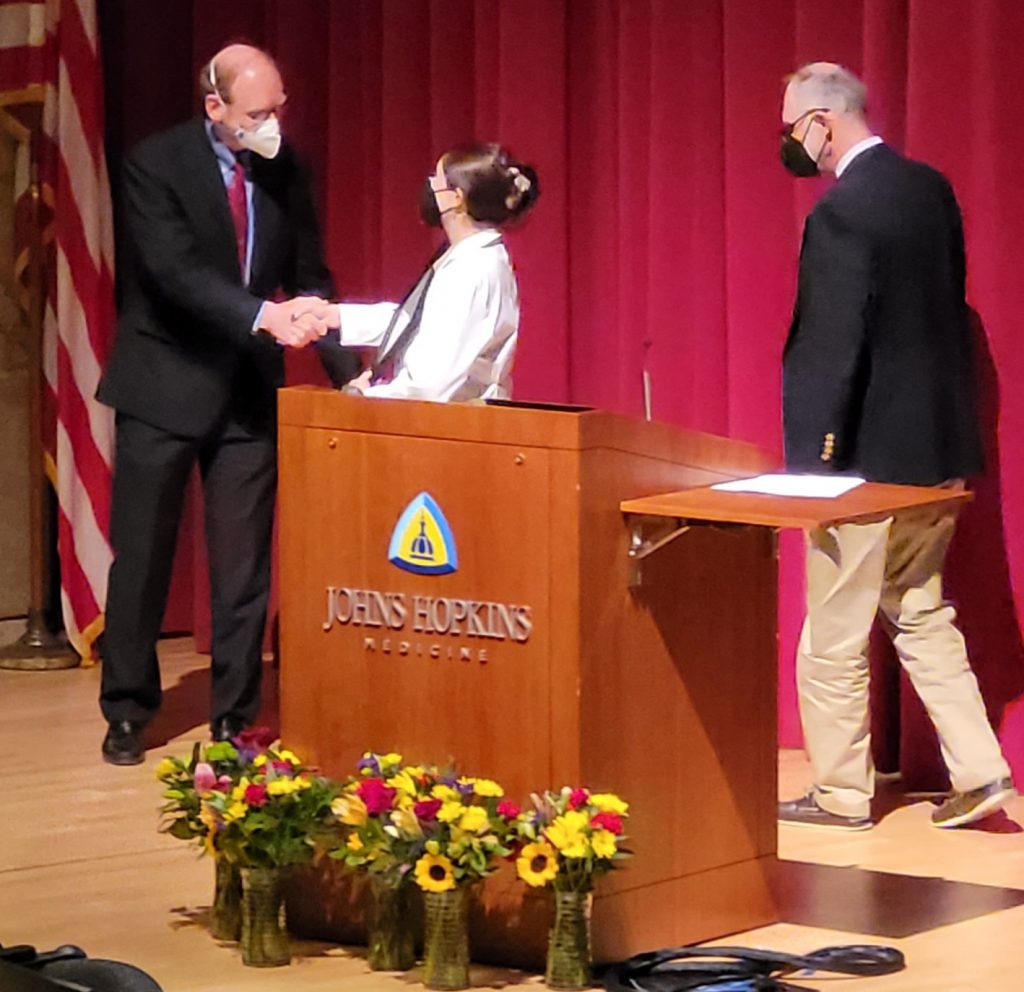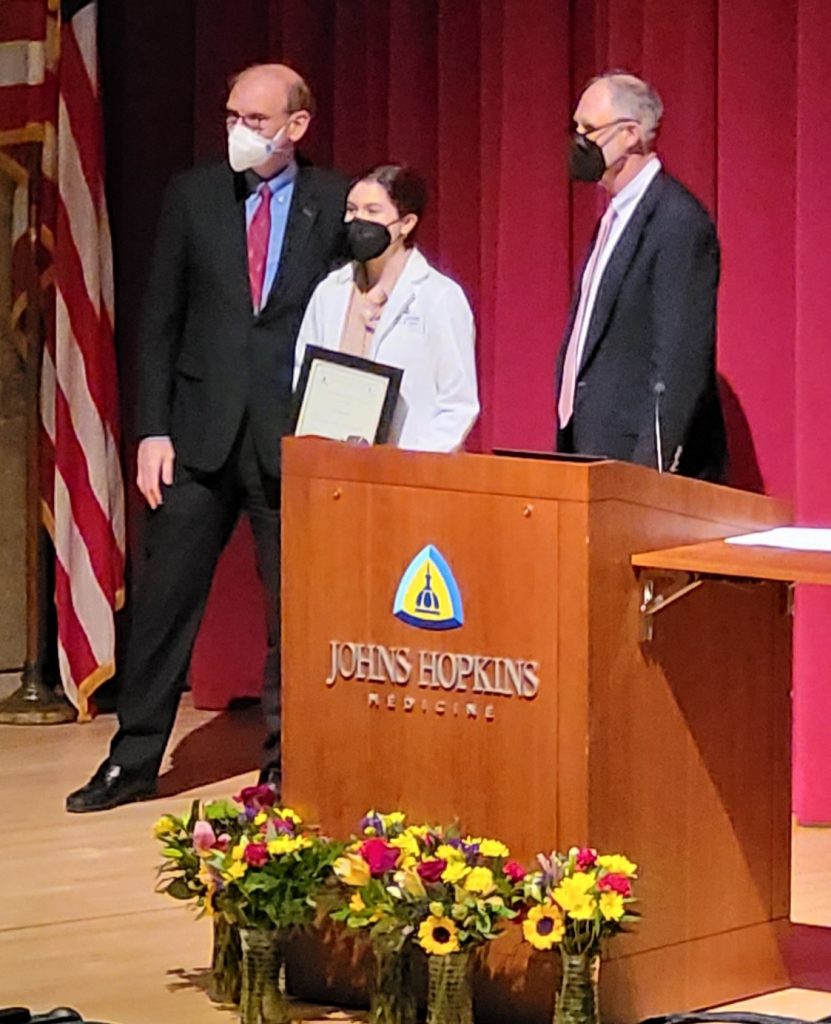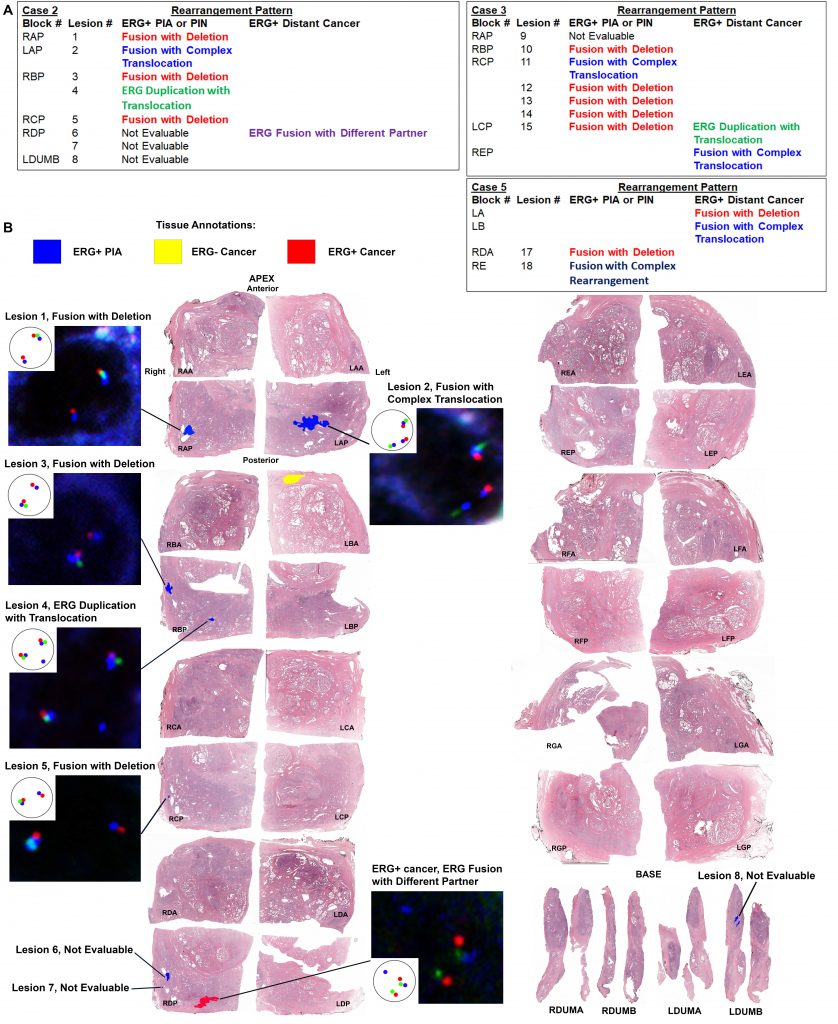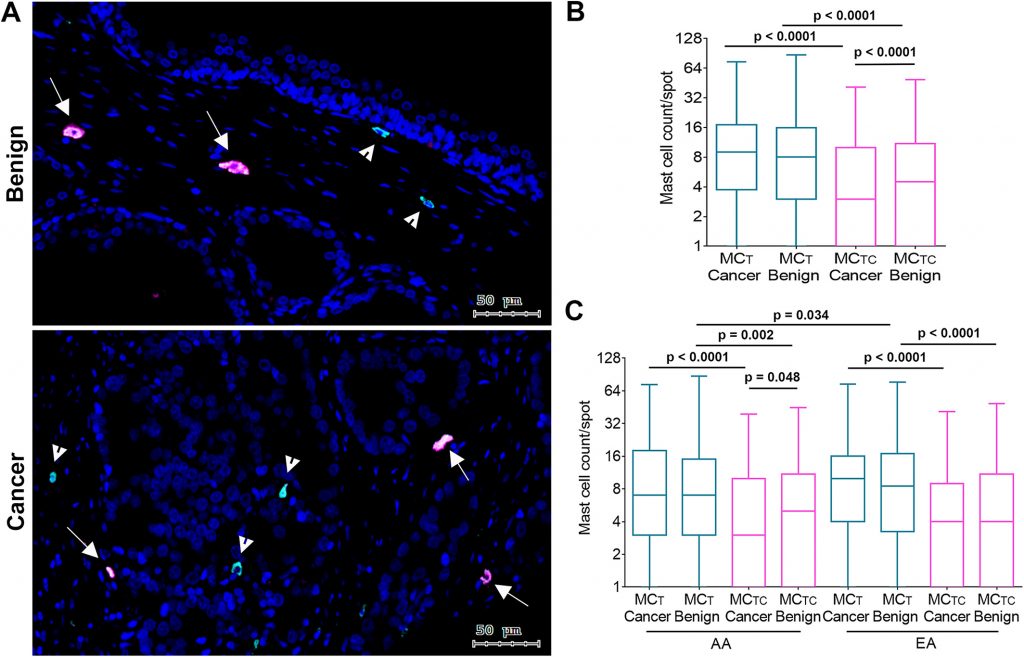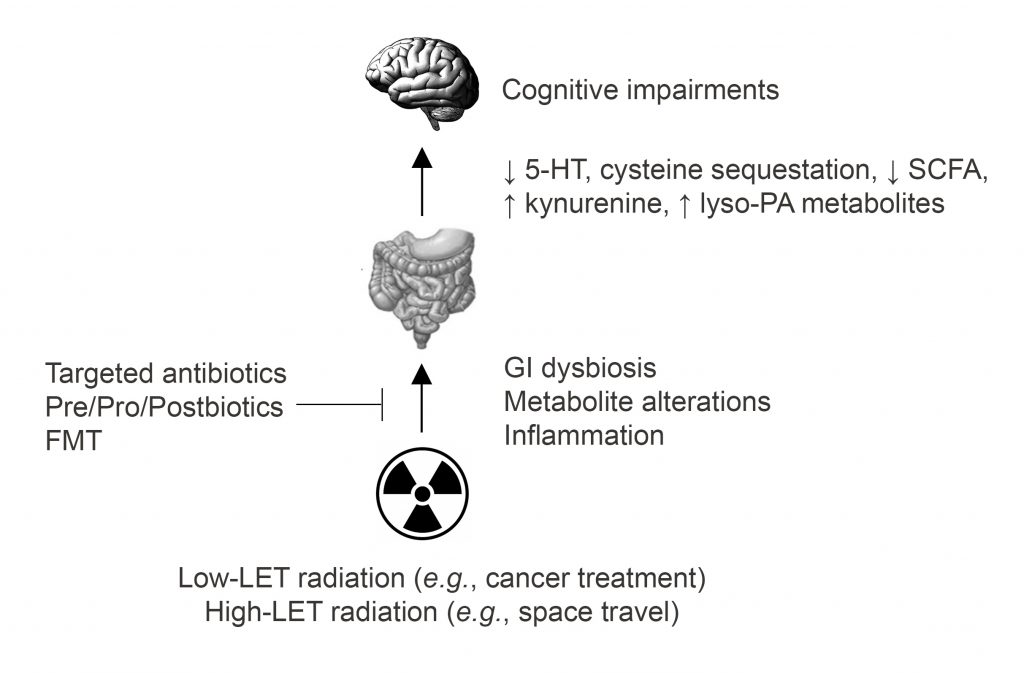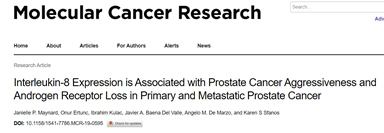
Dr. Lauren Peiffer, who graduated after completing her thesis work in the Sfanos lab in January 2022, recently attended the Johns Hopkins School of Medicine commencement ceremony to receive her diploma and to be hooded. Dr. Peiffer is currently an Anatomic Veterinary Pathologist with StageBio. Congratulations Lauren, we are so proud of you!


